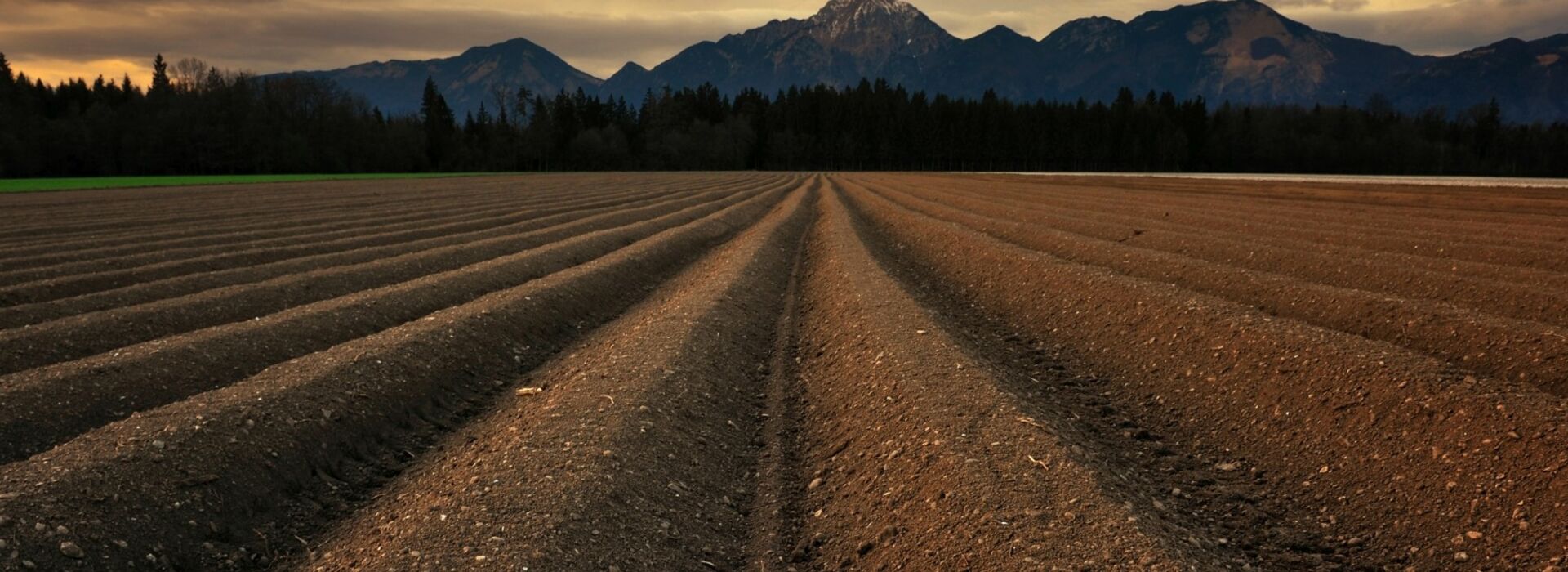
Soil Protection Working Group
Healthy soils are a basic precondition for a high quality of life, key to mitigating climate change, preserving biodiversity, and achieving food security. However, vast quantities are lost every day, partly due to natural hazards but largely driven by human soil consumption and unsustainable soil management. This is particularly crucial in the Alps, where the availability of soil is very limited.
Due to the growing pressures on the use of soils in the Alpine region and increased risks, for example from climate change, the XV Alpine Conference called for more cooperation in the field of soil protection and established the Soil Protection Working Group in 2019.
The Working Group tackles quantitative and qualitative soil issues, cooperating with other Thematic Working Bodies and partners. This includes technical collaboration on harmonised soil monitoring for the Alps at the European level as well as with the FAO on the voluntary guidelines on sustainable soil management. In response to the long-term and cross-cutting dimensions of soil preservation the group established a Long-term Action Plan for soil protection in the Alpine region which defines short, medium, and long-term actions on priority topics for everyone working with soil in the Alps.
Since its 2023-2024 mandate, the Working Group has fostered the implementation of activities from the Long-Term Acthon Plan. Other areas of focus include the economical and prudent use of soil in the Alps in cooperation with the Spatial Planning and Sustainable Development Working Group, moor protection, and awareness raising activities, including together with local partners
Chair:
Austria
Contact:
Elfi Hasler, Lower Austrian Agricultural District Authority
elfi.hasler@noel.gv.at
Overview of activities, documents, and results
- Mandate until the XIX Alpine Conference
- Statement: Preserving moors in the Alps (2024)
- Promoting soil protection through spatial planning in the Alpine states – National Workshops: summary and event reports (2024)
- Activity Report 2023-2024
- Long-Term Action Plan for the implementation of provisions and declarations on soil protection in the specific context of the Alpine region (2022)
- Food and Agriculture Organization of the United Nations: Voluntary Guidelines for Sustainable Soil Management (German and Slovenian versions co-published by the FAO and the Permanent Secretariat of the Alpine Convention)
- Alpine Soil Newsletter (3 editions)
- Summary of statements from the Alps on LUCAS Soil 2022 by the Soil Protection Technical Working Group (2022)
- Activity Report 2021-2022
- Soil functions and spatial planning in the Alps - Workshop documentation (2022)
- Activity report 2019-2020
- Report “Economical and prudent use of soil in the Alps” (2020)
- Stock-taking summary of permanent soil monitoring areas in the perimeter of the Alpine Convention (Annex 1, Annex 2) (2020)
- Cooperation with the JRC regarding the Soil Conservation Protocol Articles 20 and 21: Harmonised Databases and Soil Monitoring (2020)
- Stock-taking of institutions, projects and networks relevant for soil protection in the Alps (2020)
- In-depth report on economical use of soil of the Compliance Committee - available in German, French, Italian, and Slovenian (2019)
- Quo vadis soil protection in the Alps? Final report of the UFOPLAN project: Assessment of the Alpine Convention Soil Conservation Protocol and preparation/implementation of an international conference (2018)
- Conference Report Alpine Soil Symposium “Soil Conservation Protocol of the Alpine Convention – between demand and reality” (2016)
